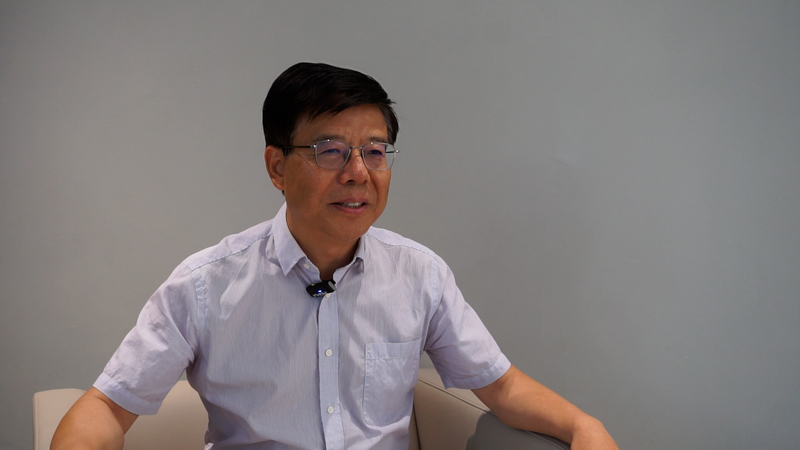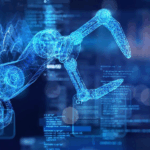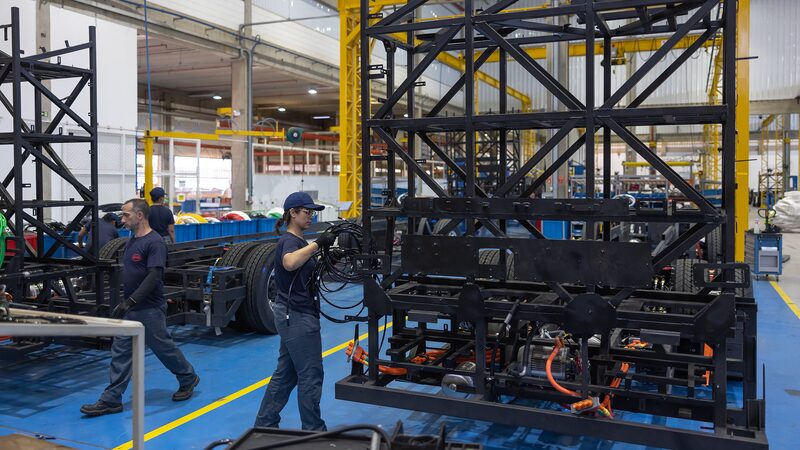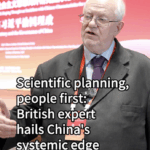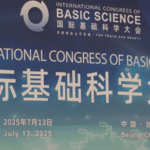🚀 The 2025 International Congress of Basic Science (ICBS) in Beijing became a global hub for scientific minds, with experts like Wu Rongling highlighting China's rising role in AI innovation. Wu, deputy head of the Beijing Institute of Mathematical Sciences and Applications (BIMSA), told CGTN that shifting U.S. policies on basic research are creating opportunities for China to lead in critical tech fields.
🇺🇸 U.S. Policy Gaps, China's Math-Driven Rise
Wu pointed to U.S. funding cuts under past administrations as a key setback: "The U.S. faces setbacks in basic research due to leadership issues." Meanwhile, China is doubling down on mathematics as the backbone of AI development. "Only by mastering mathematics ourselves can we develop our own AI frameworks," he stressed, calling applied math a "strategic imperative." 🧠
🤖 Math + AI = Next-Level Innovation
Wu's team is merging advanced math with AI to tackle real-world challenges like disease prediction. "AI now uses basic math… but complex problems need complex tools," he said, citing work inspired by Fields medalist Shing-Tung Yau. Their methods slash computational demands, making AI faster and smarter. 💡
📚 Educating Future Innovators
For Wu, tomorrow's breakthroughs depend on today's education: "Teach children AI skills and basics – especially math theory." He warned that without deep understanding, young researchers risk becoming "dependent on AI alone." His solution? Focus on why algorithms work, not just how to use them. 🎓
Reference(s):
U.S. undermines its tech edge, a chance for China: Wu Rongling at ICBS
cgtn.com
